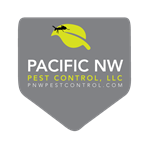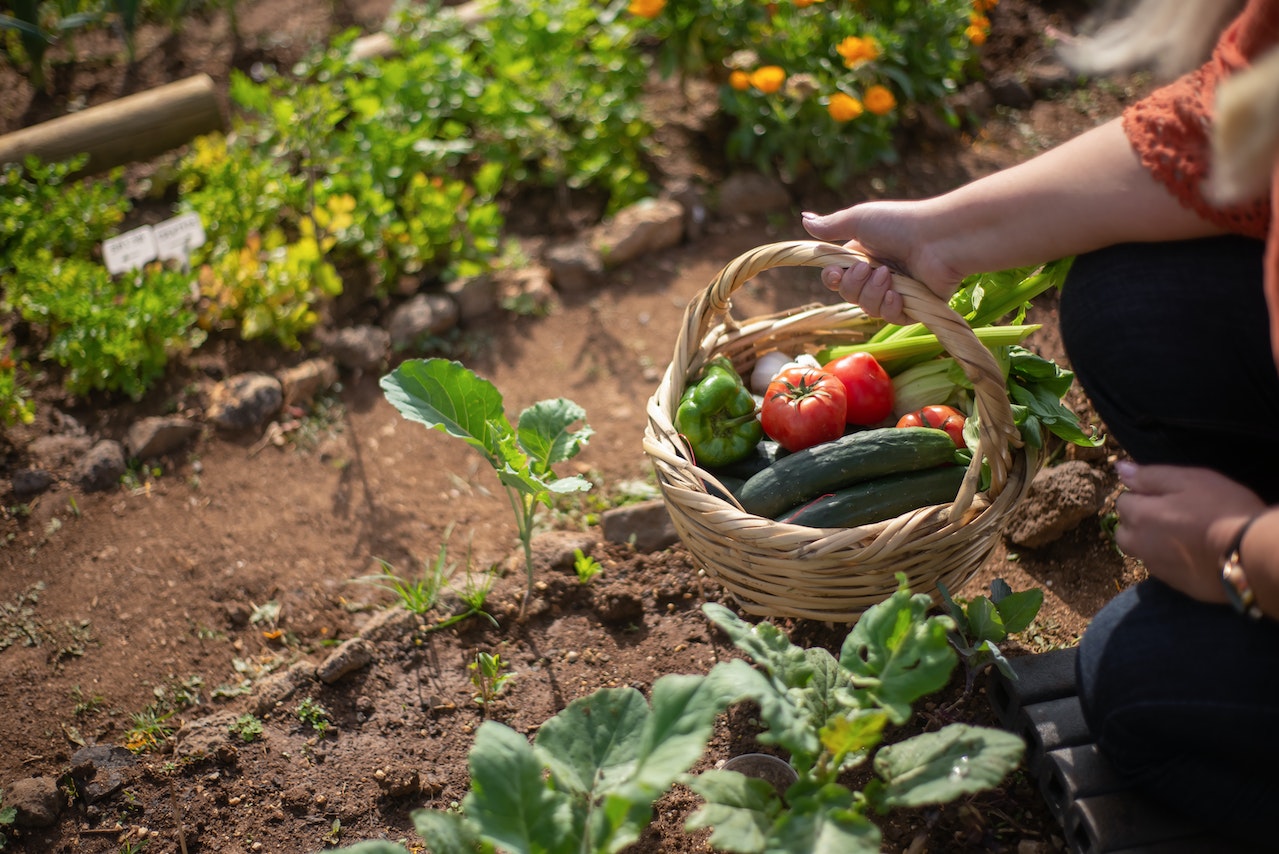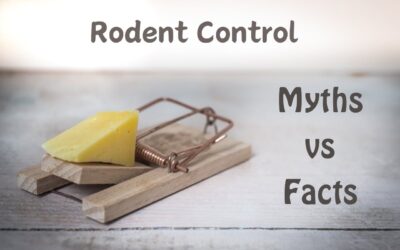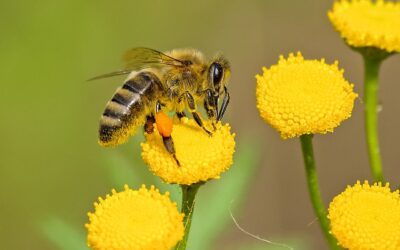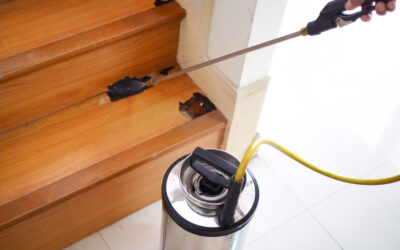Spring is the perfect time to start planting your garden and enjoy the warmer weather. However, as you start to prepare your garden, pests can become a major problem. Pests like aphids, slugs, and snails can quickly destroy your plants and vegetables if you don’t take the necessary precautions to prevent them.
Understanding Your Pest Problems
The first step in preventing pests from invading your garden is to understand what types of pests you are dealing with. The Pacific NW is home to a variety of pests that can cause damage to your plants, including aphids, slugs, snails, and caterpillars.
Aphids are small, soft-bodied insects that feed on the sap of plants. They can cause damage by stunting the growth of plants and spreading diseases. Slugs and snails are mollusks that can be particularly problematic in the Pacific NW due to the damp weather. They can cause damage by eating the leaves and stems of plants. Caterpillars are the larvae of moths and butterflies, and they can cause significant damage to plants by eating the leaves and fruit.
Preventing Pest Infestations In Your Garden
Choose Pest-Resistant Plants
One of the best ways to prevent pest infestations in your garden is to choose plants that are resistant to pests. Certain plants are more resistant to pests than others, and planting these types of plants can help reduce the risk of pest infestations. For example, marigolds, lavender, and mint are known to repel aphids, while thyme and rosemary are known to repel slugs and snails.
Plant Companion Plants
Companion planting is the practice of planting certain plants together that can help each other grow and deter pests. For example, planting garlic, onions, and chives can help deter aphids, while planting nasturtiums can help deter caterpillars. In addition, planting flowers like marigolds and calendula can attract beneficial insects like ladybugs and lacewings, which can help control pests.
Keep Your Garden Clean and Tidy
Keeping your garden clean and tidy can also help prevent pest infestations. Pests like slugs and snails thrive in damp, dark environments, so removing any debris or dead leaves can help reduce their population. Additionally, removing any fallen fruit or vegetables can help reduce the risk of attracting pests like fruit flies and maggots.
Use Organic Pest Control Methods
Using organic pest control methods can also help prevent pest infestations in your garden. Organic methods are safe for both the environment and your plants and can be just as effective as chemical pesticides. For example, spraying a mixture of water and dish soap can help control aphids, while sprinkling diatomaceous earth around plants can help control slugs and snails.
Use Physical Barriers
Using physical barriers like row covers and netting can also help prevent pest infestations. Row covers are lightweight fabric covers that can be placed over plants to protect them from pests like caterpillars and aphids. Netting can be used to protect fruit trees and bushes from birds and squirrels.
Practice Crop Rotation
Practicing crop rotation can also help prevent pest infestations. Pests like aphids and caterpillars can quickly spread from plant to plant, so rotating your crops can help reduce the risk of infestations. Additionally, rotating crops can help improve soil health and reduce the risk of soil-borne diseases.
Attract Beneficial Insects
Attracting beneficial insects to your garden can also help prevent pest infestations. Ladybugs, lacewings, and praying mantises are all examples of beneficial insects that can help control pest populations. You can attract these insects by planting flowers like daisies and sunflowers, which provide a source of nectar and pollen for them to feed on.
Use Traps
Using traps is another effective way to control pest populations in your garden. Sticky traps can be used to catch pests like aphids and whiteflies, while beer traps can be used to catch slugs and snails. Traps are a safe and effective alternative to chemical pesticides and can be easily made at home using household items.
Monitor Your Garden Regularly
Monitoring your garden regularly is key to preventing pest infestations. By checking your plants regularly, you can identify any signs of pest damage and take action before the infestation becomes too severe. Look for signs like chewed leaves, holes in fruit, and insect eggs on the underside of leaves.
What Do I Do If Pests Are In My Garden?
Identify the pest
The first step in dealing with garden pests is to identify the type of pest that you are dealing with. Different pests require different treatment methods, and misidentifying the pest can result in ineffective treatment.
Use natural pest control methods
There are several natural pest control methods that you can use to manage pests in your garden. These include introducing beneficial insects, such as ladybugs and lacewings, that feed on garden pests. You can also use companion planting to repel pests, such as planting marigolds to repel aphids.
Consider chemical pest control
If natural methods are not effective, chemical pest control may be necessary. However, it is important to use chemical pesticides carefully, following the instructions on the label. Use pesticides that are specific to the pest you are dealing with and avoid spraying during windy conditions or when pollinators are present.
Consult with a professional
If you are struggling to manage pests in your garden, consider consulting with a professional. A local gardening expert or pest control specialist can provide advice and assistance on effective pest management strategies specific to your area and garden.
Practice patience
Finally, it is important to practice patience when dealing with pests in your garden. Managing pests is an ongoing process, and it may take some time to find the right approach that works for your garden. Be persistent and keep trying different methods until you find one that works.
Preventing pest infestations in your NW garden this spring is crucial to ensuring a healthy and productive garden. By choosing pest-resistant plants, planting companion plants, keeping your garden clean and tidy, using organic pest control methods, using physical barriers, practicing crop rotation, attracting beneficial insects, using traps, and monitoring your garden regularly, you can effectively prevent pests from invading your garden. With these proven methods, you can enjoy a bountiful and beautiful garden this spring, free from pesky pests.
